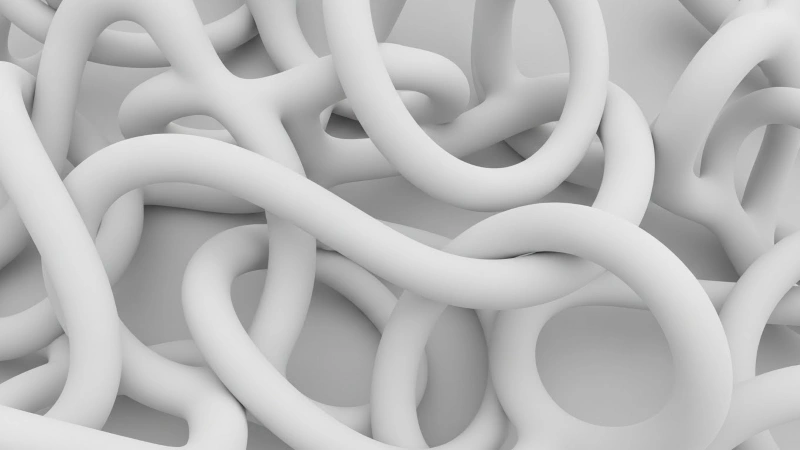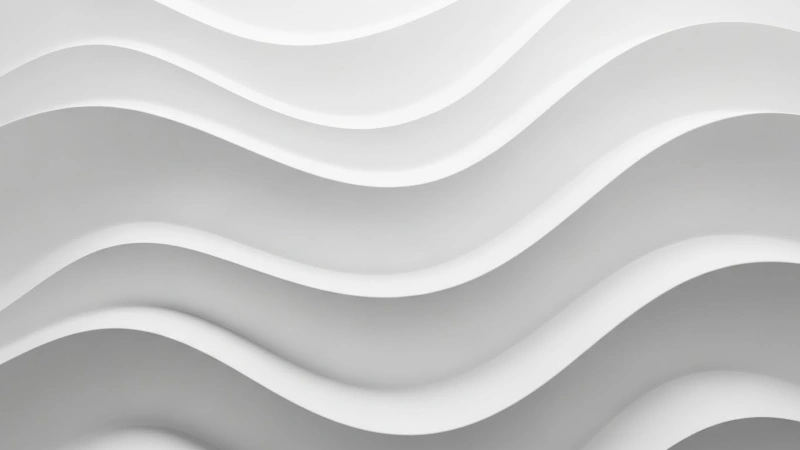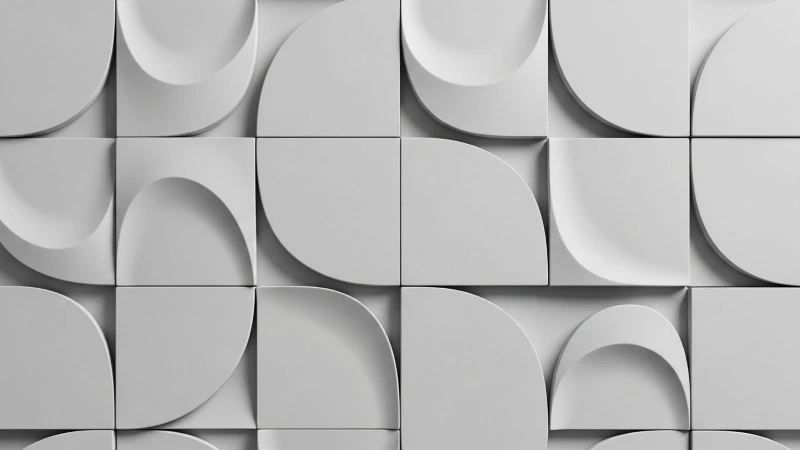
In the world of product development, industrial design companies play an indispensable role. These companies don’t just create products that look good – they craft experiences that resonate with consumers. By blending functionality, innovation, and aesthetics, industrial design companies help businesses stand out in a competitive marketplace.
This article will explore how industrial design companies shape consumer experiences through product innovation, usability, and emotional connections, while also addressing the importance of sustainability and personalization in modern design.
Industrial design refers to the process of designing products that are both aesthetically pleasing and highly functional. It combines the principles of engineering, ergonomics, and art to create products that meet consumer needs and enhance their everyday experiences. From household gadgets to luxury cars, industrial design can influence nearly every aspect of our daily lives.
In simple terms, industrial design is about making sure products are not only useful but also enjoyable to use. The goal is to create something that is not just a tool, but an experience for the user.

As consumer expectations continue to evolve, so too does the importance of industrial design. In a marketplace filled with numerous product options, design often becomes the deciding factor in consumer purchasing decisions. Good industrial design offers more than just visual appeal; it improves functionality, user experience, and emotional resonance with the brand.
As technology advances, industrial design companies must constantly innovate to keep up with changing consumer preferences. With trends like eco-friendly products, personalized solutions, and smarter technology, industrial design is essential in creating products that consumers want, need, and feel connected to.
Industrial design companies are responsible for turning consumer needs into innovative product solutions. Through detailed research and prototyping, these companies identify gaps in the market and design products that address specific consumer pain points. Whether it’s a new way of using an everyday item or a breakthrough in how products operate, industrial designers work to meet consumer demands while pushing the boundaries of what is possible.
For example, many industrial design companies have been at the forefront of innovations in wearable technology, creating smart devices that combine utility and fashion. These products not only serve a purpose but also fit seamlessly into the consumer’s lifestyle.
Functionality is one of the key factors that industrial design companies prioritize when creating a product. A product might look great, but if it doesn’t meet the user’s needs or is difficult to use, it’s likely to fail. Industrial design companies focus on usability, ensuring that products are intuitive and convenient. From ergonomic designs to user-friendly interfaces, industrial designers work hard to improve the overall user experience.
For example, modern smartphones are the result of years of industrial design work, improving everything from battery life to the ease of navigating complex applications. By improving functionality, industrial design companies help make these devices essential parts of our everyday lives.
A well-designed product can also help create a strong emotional connection between the consumer and the brand. Industrial design companies do more than just design the physical look of a product; they help build a narrative that resonates with consumers. The look, feel, and functionality of a product can convey the values and personality of a brand, fostering loyalty and trust among customers.
For example, a company like Tesla has built a loyal following, in part due to its sleek, futuristic designs. This goes beyond just creating a car – Tesla’s industrial design conveys innovation, sustainability, and luxury, which resonates deeply with its target market.
Sustainability is a growing priority for consumers. As environmental concerns take center stage, industrial design companies are integrating eco-friendly materials and energy-efficient processes into their designs. This shift is helping businesses reduce their carbon footprint while appealing to consumers who want to make responsible choices.
Companies that prioritize sustainability in their designs often create products that stand out in the marketplace. Whether it’s through the use of recyclable materials or designing for longevity, industrial design companies are leading the charge in making products more environmentally friendly.
Industrial design companies offer a wide range of services aimed at transforming an idea into a tangible, market-ready product. These services typically include:
These services ensure that the final product not only meets consumer expectations but also aligns with the client’s brand values.
Partnering with an industrial design company brings numerous benefits to businesses, including:
With the advent of the Internet of Things (IoT), more products are becoming “smart.” Industrial design companies are increasingly tasked with designing devices that connect to the internet and interact with other devices in the home or workplace. These smart products offer enhanced functionality, convenience, and personalization for consumers.
For example, smart refrigerators that monitor inventory and suggest recipes are the result of careful industrial design. As smart home devices continue to rise in popularity, industrial designers will need to keep pace with new technological innovations to meet consumer expectations.

Artificial intelligence (AI) is revolutionizing the design process. By analyzing data and predicting trends, AI allows industrial design companies to create more personalized and efficient products. AI can also help optimize designs for usability, cost, and sustainability.
AI is already being used to enhance product designs in industries ranging from consumer electronics to automotive. As AI technology advances, its integration into the design process is expected to become even more prominent.
Consumers increasingly want products that reflect their individual tastes and preferences. Industrial design companies are responding by offering more customization and personalization options. Whether it’s personalized color schemes, adjustable features, or unique configurations, customization adds value and enhances the consumer experience.
For example, brands like Nike and Adidas allow customers to design their own shoes, creating a sense of ownership and connection with the product. This trend of personalized design is expected to grow, as consumers seek products that cater specifically to their desires.
Industrial design companies are essential to the product development process, helping businesses create products that are not only functional but also resonate with consumers on an emotional level. By focusing on innovation, usability, sustainability, and brand identity, these companies play a key role in shaping consumer experiences.
Effective industrial design has long-lasting effects on both businesses and consumers. For businesses, it leads to better market positioning, increased customer loyalty, and higher sales. For consumers, it results in better products that improve daily life, offer convenience, and provide deeper connections with the brands they trust.
Industrial design companies are shaping the future of consumer products, ensuring that businesses remain competitive while meeting the ever-changing demands of consumers. As technology and consumer expectations evolve, the role of industrial design companies will continue to be crucial in creating the next generation of products that shape our world.
About the Author
With a deep understanding of what companies need to build top-performing remote teams and fully remote departments, his journey with Uptalent has been dedicated to creating exceptional remote work solutions and helping companies thrive with top-tier remote talent.
Expertise:
Explore these related articles to dive deeper into the topic and discover more insights.

How a Digital Marketing Strategist Helps You Build Effective Campaigns

5 Key Benefits of SEO Outsourcing for Digital Marketing Agencies

The Importance of a Payroll Specialist in Preventing Payroll Errors